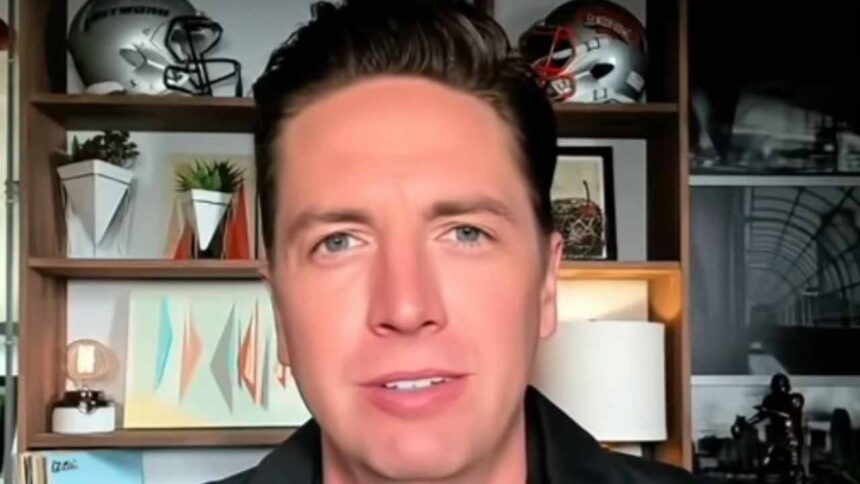NFLPA Pushes for OTA Elimination Following Patriots’ Rule Violation Incident
In a groundbreaking move, the NFL Players Association (NFLPA) is spearheading a proposal to significantly alter the NFL’s offseason schedule, aiming to remove Organized Team Activities (OTAs) entirely, potentially as early as 2025. This initiative follows the high-profile penalty imposed on New England Patriots’ head coach Bill Belichick for violating offseason rules, highlighting a shift in focus towards player well-being and recovery.
End of OTAs? The NFL Players Association is working to finalize a proposal to overhaul the offseason starting as soon as 2025, eliminating voluntary on-field work in the spring in favor of a longer training camp ramp-up, with players reporting in mid-June to early July, per… pic.twitter.com/nQa9TmKCGO
— Tom Pelissero (@TomPelissero) May 28, 2024
The NFLPA, under its new leadership since July 2023, has actively sought feedback from players across the league. The consensus is clear: the current nine-week offseason program, segmented into three phases of meetings, on-field drills, and organized team activities, is excessively long and encroaches on players’ rest and recovery time. Players have voiced that the prolonged offseason regime does not afford them the necessary downtime between the grueling NFL seasons.
Currently, the offseason spans from mid-April to mid-June, incorporating a compulsory minicamp within the OTAs, followed by a six-week hiatus before training camps resume from mid-to-late July. The proposed changes would replace the voluntary spring on-field work with a more condensed training camp starting from mid-June to early July, allowing for virtual classroom sessions in the spring while abolishing the physical on-field practices until the commencement of training camp.
This proposal has gained momentum particularly after the New England Patriots’ controversial breach of offseason regulations. In 2023, the NFL fined Bill Belichick $50,000 and stripped the Patriots of two days of OTAs due to unauthorized meetings that extended beyond the stipulated four-hour workday limit defined in the Collective Bargaining Agreement (CBA). The NFLPA’s complaint, lodged on May 4, 2023, accused the Patriots of violating Article 21, Section 5(b) of the CBA, which restricts player facility time to four hours daily. The infraction involved unlisted meetings on May 1, May 2, and May 4, where players’ attendance, though claimed to be optional by the Patriots, was perceived as mandatory due to their inclusion in the internal schedule.
Central to the violation was Joe Judge, then special teams coordinator, whose meetings caused offensive and defensive players to remain at the facility beyond the allowed time. The NFL’s subsequent investigation validated the NFLPA’s claims, culminating in the financial and operational penalties for the Patriots.
In response to such incidents, the NFLPA has intensified its collaboration with medical and performance experts to architect a new offseason strategy aimed at reducing injuries and enhancing recovery periods. The proposed elimination of OTAs aligns with this strategic shift, emphasizing the importance of health and longevity for NFL players.
The NFLPA’s stance reflects a broader initiative to overhaul the traditional NFL offseason structure, prioritizing player health and ensuring ample recovery time before the physical demands of the regular season kick in. If implemented, this proposal would mark a significant transformation in how NFL players prepare for the season, potentially setting a new standard for player care in professional sports.
Stephen’s Insight
The NFLPA’s push to remove OTAs comes at a crucial juncture, with player health and safety becoming increasingly paramount. The Patriots’ violation and the subsequent penalties underscore the necessity for stringent adherence to offseason guidelines. This move could reshape the landscape of the NFL offseason, offering players more rest and recovery, which could translate into better performance and longevity. The ongoing dialogue between the NFLPA and the league will be critical in determining the future of offseason practices and the overall welfare of NFL athletes.




